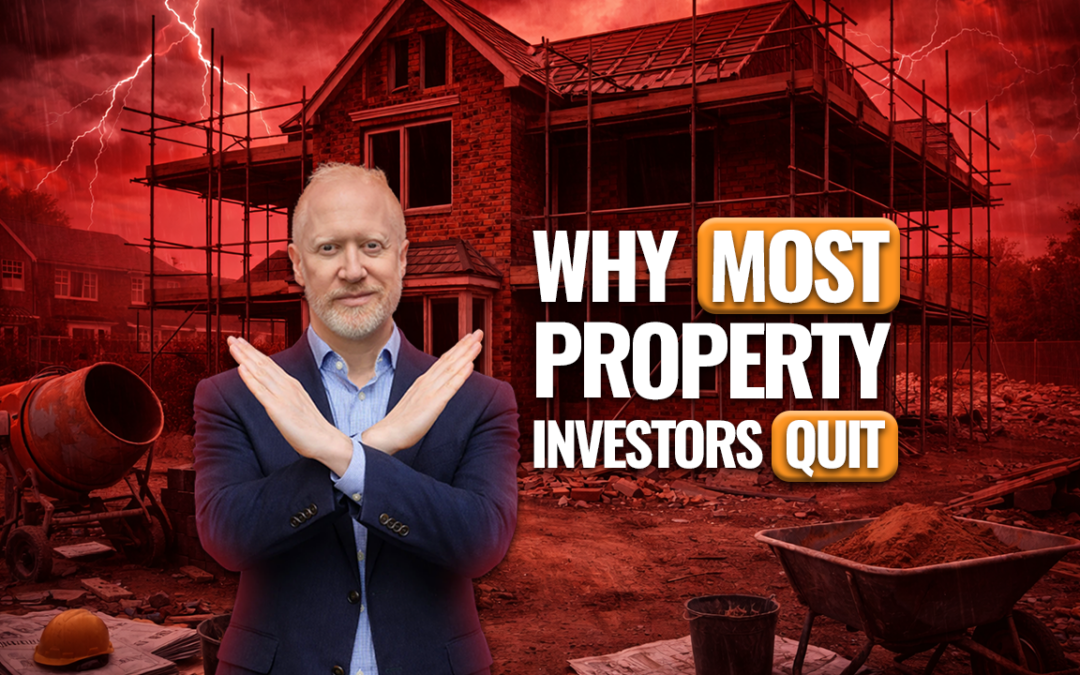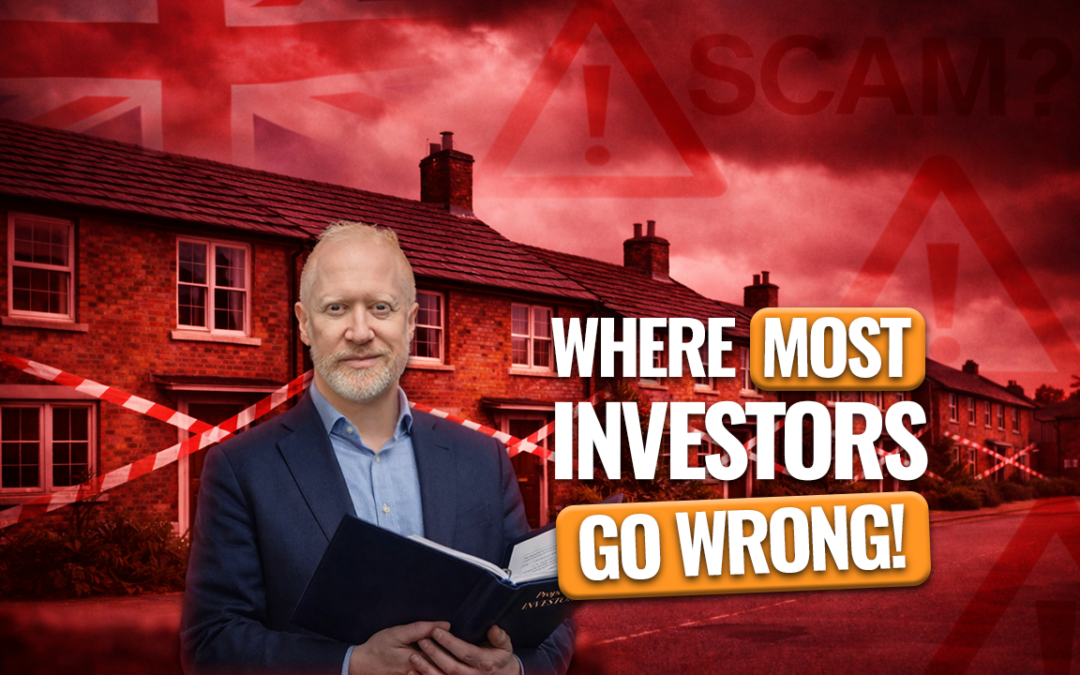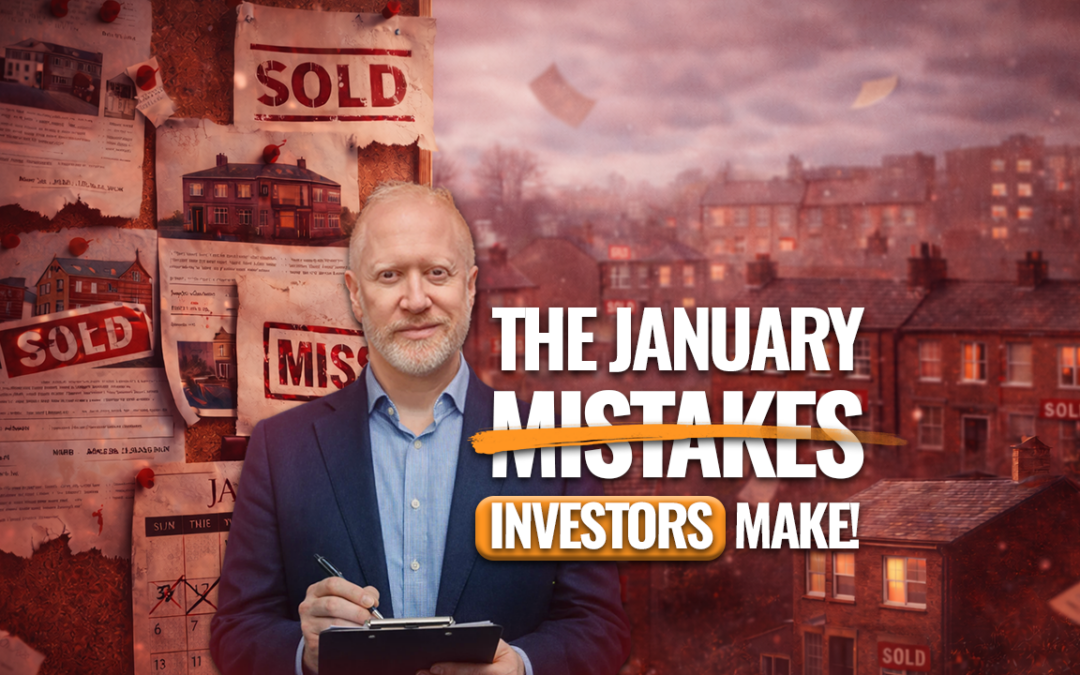When it comes to building your wealth through property, joint venture property investing can be a powerful way to do more together than you can alone. Many investors use this strategy to unlock bigger joint venture property deals that they couldn’t take on by themselves. But while the rewards can be huge, there are also serious property joint venture risks if you choose the wrong partner or rush in without preparation. That’s why every investor should understand how these partnerships work and why having a clear joint venture property agreement in place is essential before starting.
In this blog, I’m going to share lessons from one of my worst joint venture partners, explain the common mistakes to avoid, and show you how to protect yourself when considering joint venture property investing.
What Is a Property Joint Venture?
A property joint venture is when two or more people come together to combine resources, usually money, skills, and time, to complete a project. According to Investopedia’s definition of joint venture these partnerships allow individuals or companies to pool strengths to achieve a shared goal. One partner may fund the deal, while the other manages it. At the end, profits (or losses) are shared based on the agreement.
Done correctly, joint venture property deals allow you to access opportunities you couldn’t take on alone. For example, you might lack the funds but have the time and knowledge, or vice versa. By pooling resources, you can move faster and scale more effectively.
The Risks of Choosing the Wrong Partner
One of the biggest risks of joint venture property investing is working with the wrong person. Even if the numbers stack up, a partner without the right experience or integrity can cause delays, overspending, or even total failure. That’s why carrying out UK Government due diligence checks is vital before you commit funds.
In my own experience, I once entered a project where I provided all the finance, while my partner promised to manage the build. They appeared confident, but it turned out they lacked the skills to handle builders or keep the project on track. What should have been a one-year refurbishment stretched into four years. Not only did this increase holding costs and interest payments, but it also tied up my funds that could have been invested elsewhere.
Lessons Learned from a Failed Joint Venture Property Deal
From that failed project, I learned several key lessons that every investor should apply:
- Do your due diligence on partners. Don’t just take their word for it, check their track record and ask for evidence of past results.
- Always control the money. Even if you’re not managing the build, make sure you oversee the finances. Money is power, and you must know where it’s going.
- Set up a clear joint venture property agreement. Put everything in writing: who provides what, how profits will be split, how decisions are made, and what happens if things go wrong.
- Insist on regular reporting. Even if you trust your partner, ask for monthly updates so you can catch issues early.
By putting these safeguards in place, you greatly reduce your exposure to the risks of joint venture property deals.
How to Find the Right Joint Venture Partner
Not every story ends badly. In fact, I’ve completed many successful JV property deals by working with the right people. Here’s what to look for:
-
Complementary skills. If you’re good at finding and funding deals but not managing projects, look for someone with strong operational experience.
-
Shared values. Align with people who have similar goals and a clear vision for how to invest.
-
Transparency. The best partners are open about both successes and failures.
-
Legal protection. Back up your relationship with a formal joint venture property agreement. This protects both sides and sets clear expectations.
Final Thoughts on Property Joint Ventures
Joint ventures can accelerate your property journey and help you achieve results faster. But they also come with significant property joint venture risks if you rush in without the right preparation.
By learning from others’ mistakes, doing your due diligence, and protecting yourself with strong agreements, you can enjoy the upside of joint venture property investing while minimising the downsides.
FAQs About Property Joint Ventures
What is a joint venture in property?
A JV partnership is when two or more people combine money, skills, or time to complete a property investment project and share the profits.
What are the risks of joint venture property investing?
The main risks of joint venture property investing include choosing the wrong partner, unclear agreements, poor project management, and financial loss.
Do I need a joint venture property agreement?
Yes. A written agreement is essential to clarify roles, profit splits, and responsibilities, and to protect all parties involved.
Can joint venture property deals be successful?
Absolutely. With the right partner, clear agreements, and good communication, joint ventures can open the door to bigger and more profitable projects.
Next Steps: Meet the Right Partners at a pin Meeting
If you’ve understood anything from this blog, it’s that the biggest risks in JV property deals often come from choosing the wrong partner. The good news is, you don’t have to figure this out on your own.
At a property investors network (pin) meeting, you’ll meet other like-minded investors who are serious about property. These monthly meetings are the perfect place to:
-
Build relationships with potential joint venture property partners
-
Learn from experienced investors who have already completed successful joint venture property deals
-
Gain confidence by surrounding yourself with people who understand the challenges and opportunities of property investing
If it’s your first time attending a pin meeting, you can use the special code BLOG when booking your ticket to come along as my guest.
Don’t leave your success to chance. Take the next step, expand your network, and give yourself the best opportunity to find safe, profitable partnerships.
About property investors network
Founded in 2003 by Simon Zutshi, property investors network (pin) is the UK’s longest-running and pioneering property training and networking organisation. We cater for all levels of investors from beginners learning how to start in property to experienced professionals looking to scale. With monthly property networking meetings across the UK, online workshops and hands-on coaching programmes, pin has supported thousands of people to build knowledge, confidence and profitable portfolios. Unlike estate agents or deal sellers, pin focuses purely on UK property training and education, providing a safe and inspiring community for anyone serious about property investing.











